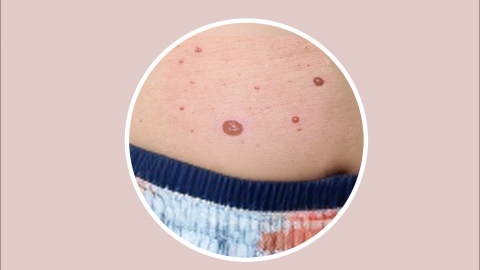Do liver hemangiomas require treatment?
Generally, whether liver hemangiomas require treatment depends on factors such as tumor size, growth rate, presence of symptoms, and location. In most cases, no specific treatment is necessary. If the tumor is large and causes discomfort, treatment may be needed. Detailed analysis is as follows:

Most liver hemangiomas do not require treatment. Hemangiomas smaller than 5 cm in diameter, with slow growth and no obvious symptoms, usually do not affect health. Regular follow-up examinations are sufficient. It is recommended to undergo ultrasound examination every six months to one year to monitor size changes.
A minority of liver hemangiomas require treatment. When the hemangioma's diameter exceeds 5 cm and symptoms such as abdominal distension and pain or decreased appetite occur due to compression, treatment is necessary. If the hemangioma grows rapidly and significantly enlarges in a short period, posing a risk of rupture, intervention is also required. Larger hemangiomas located at the edge of the liver are prone to rupture from external trauma and similarly require treatment. For giant hemangiomas or cases where interventional therapy is ineffective, surgical removal of part of the liver or hemangioma enucleation can be performed to directly eliminate the lesion and reduce the risk of rupture.
Upon discovering a liver hemangioma, there is no need for excessive anxiety; simply follow your doctor's recommendations for regular follow-up examinations. In daily life, avoid strenuous exercise and abdominal trauma, maintain a regular lifestyle, and reduce the burden on the liver to help maintain liver health.




